UPDATED PETITION AS OF NOVEMBER 8 2013Koalas are thick, furry marsupials (have young in a pouch like a kangaroo) averaging 9 kg (20 lbs) who spend most of their time in trees. "Koala" came from the Aboriginal word meaning "no drink" which perfectly fits this little guy since most of his hydration comes from Eucalyptus leaves. Koalas only drink water when they're ill or during droughts when leaves don't have enough moisture. SAVETHEKOALA.COM (below) has great information about what's going on with the koalas and their habitat and ways to get involved to really make a difference. Take a browse if only to learn a little more about these amazing creatures! But before you go, please scroll down to sign the petition asking for help with the current disease devastating the koala population. FROM THEKOALA.COM: Disease is part of the natural history of the koala. There are 4 common koala diseases caused by the chlamydia organism: conjunctivitis which can cause blindness, pneumonia, urinary tract infections and reproductive tract infections, which can cause female infertility. The symptoms of chlamydia manifest as sore eyes, chest infections, and "wet bottom" or "dirty tail". Different strains of chlamydia bacteria are thought to cause these diseases. In 1995, scientists isolated two strains called chlamydia pecorum and chlamydia pneumoniae. CLICK TO SIGN PETITION from The Animal Rescue Site FROM THEKOALA.COM: Scientists now believe that the chlamydia organism has been occuring amongst koala populations for many years, and has acted as a natural population control in times of stress. The organism is harmless in populations with unlimited resources, but manifests in times of stress, such as happens when habitat is reduced. The weaker animals succumb to the disease, become sick, infertile or die, leaving the genetically stronger animals to continue breeding. In disease-free populations which have been moved to areas where they were not native or where there is not enough habitat to support them (such as on some islands off Victoria and Kangaroo Island in South Australia), problems with overpopulation have arisen because of this unnatural situation. However, this is not the case in most mainland populations, and indeed many of the mainland colonies are in decline. Koalas also suffer from a range of cancers like leukemia and skin cancers.
7 Comments
jasmine dickerson
10/16/2011 19:54:20
i would like to help save the beautiful little koala
Reply
normal being
3/15/2012 14:01:17
imformation on no. of trees planted in carbon add, if done your way we would plant more than 4 times thicker than plantation trees are planted,? far too thick so please get the facts right.
Reply
6/29/2012 17:09:11
This was a seriously extremely good publish. This post provided us all with valuable information that assist us to get started. Thanks for the information.
Reply
cc
8/1/2012 18:27:57
i LOVE these animals
Reply
8/8/2012 15:39:44
You made a great point right there. I made a investigation on the topic and found many people will agree with your article. Any way I'll be subscribing to your feed and I wish you post again soon.
Reply
Lorraine Cobcroft
11/8/2013 03:40:45
Hi
Reply
Your comment will be posted after it is approved.
Leave a Reply. |
Animal Rights & Welfare
Posts by Betsy Seeton "The animals of the world exist for their own reasons. They were not made for humans any more than black people were made for white, or women created for men." ~Alice Walker The source of the quote is Walker's preface to Marjorie Spiegel's 1988 book, "The Dreaded Comparison" . Her next sentence was, "This is the gist of Ms. Spiegel's cogent, humane and astute argument, and it is sound." Archives
November 2018
Categories
All
|
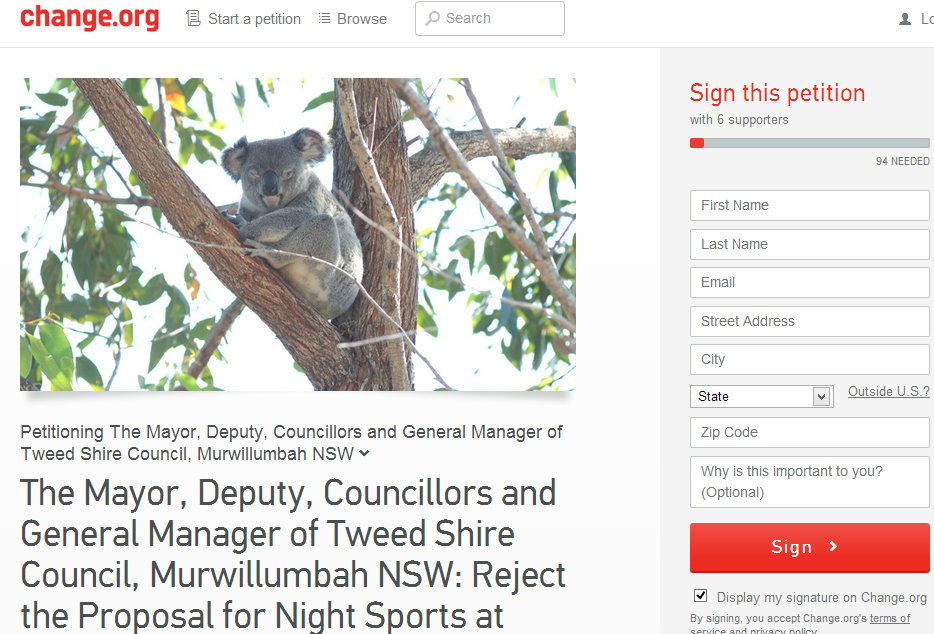




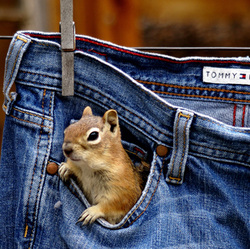
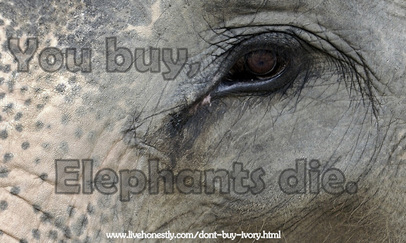
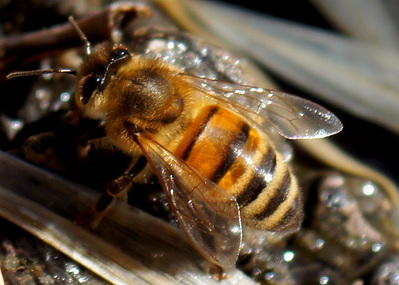
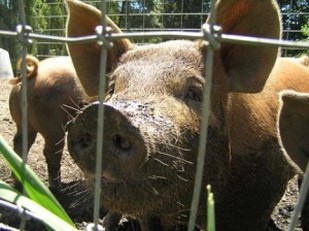

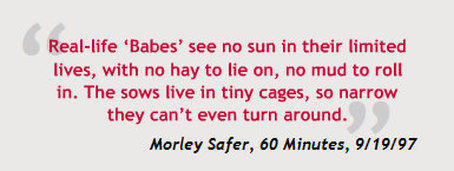
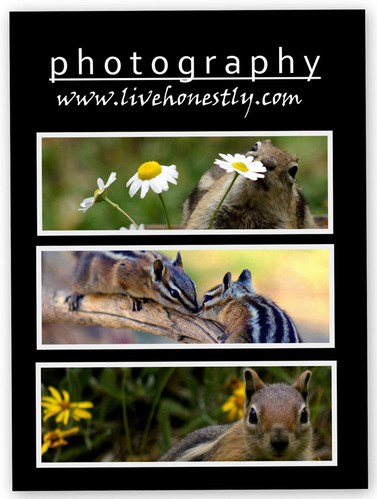
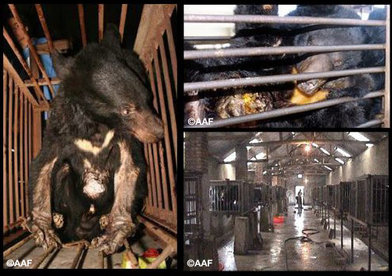
 RSS Feed
RSS Feed
